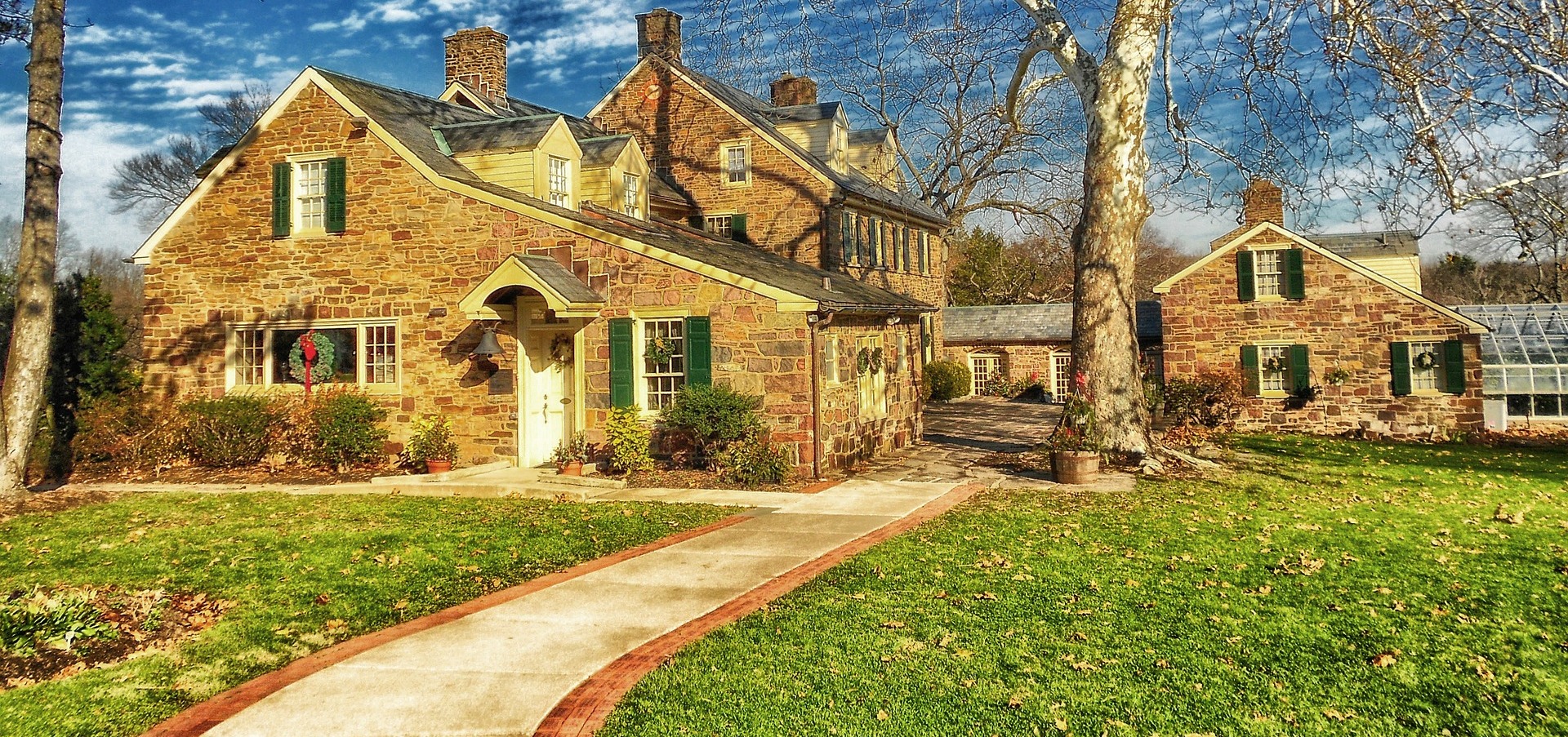Every time I sit down with buyers to write an offer to purchase a home, the first question I am asked is “What price should we offer?” The answer to that question is determined by many factors, all of which need to be carefully considered before making a final decision on price. There is no “formula” for choosing the magic number that will get you an accepted offer – the circumstances surrounding each home are different and you’ll find that your offer strategies will change with each offer you write. The best way to start any discussion of price is to have a solid idea of what you feel is the maximum amount you are willing to pay for that specific property. With that in mind, you should then consider the following elements to determine your offer price.
Are there other offers?
Competition is the single most important driving factor of price. In today’s market, it is extremely unusual for a seller with multiple offers to accept an offer below the listed price. Usually in these situations, buyers are expected to write their offers at or above asking. If you can find out how many offers have already been submitted, it can help you determine how far above asking you may need to go to be assured of at least getting a counter offer.
How long as the house been on the market?
You can’t base your asking price solely on the length of time the property has been on the market – you still need to consider what the current competition is. It is possible for a house to suddenly have multiple offers after sitting on the market for a few months. That scenario often arises after a house has a price reduction that stimulates buyer interest. However, if the house has been on the market for a while and does NOT have other offers, then you might consider whether this is an opportunity to get an accepted offer below the list price. If you try this route, be aware that offers below asking are often countered, and the longer you spend going back and forth with the seller, the more likely it can be that another offer comes in. Low offers that are still reasonable are much more likely to get a quick acceptance than low ball offers that may offend the seller.
Is the house priced appropriately?
Sellers who are looking for a quick sale will often list their home below market value in order to create quick interest in the property. These are usually the homes that seem “to good to be true”, and it’s because they are. When a house has been noticeably underpriced, it will typically have a large numbers of offers and will sell for far above the list price. Your Realtor will be able to tell you whether you’ve stumbled into this situation. If you find yourself in an extreme bidding war situation, you may be forced to make your offer much for aggressive than you would normally in order to even be considered for a counter offer.
How can you make your offer stand out?
Whenever multiple offers are involved, it’s likely that the seller may send out counter offers before making a final decision. A lot of buyers who know this going in decide to leave room in their price to allow them to go up in the counter round. This isn’t necessarily a bad strategy, but it is also good to try and set yourself apart from other offers during the initial round. Writing a strong initial offer lets the seller know that you are very serious about the property and that you aren’t wasting their time. Sellers tend to gravitate towards buyers who understand the value of the property and who aren’t looking to play “let’s make a deal”. If you don’t want to write your best and final offer initially, consider reserving a small amount to pad the price of your counter rather than starting low and coming up significantly in the counter round.
Buying and selling real estate is a very human process – the outcome is often based on emotion, whether it be sentimentality or greed. Because of this, each sale is different. A seller may have nine offers and just take the top one without countering at all, or they may decide to send out a counter round and then ANOTHER counter round in an effort to get the highest price possible. When determining how aggressive you want your offer to be, you can only rely on your knowledge of the particular situation of that home and the advice of your realtor to guide you towards an accepted offer.
- What is a COP? - September 7, 2017
- How to Ensure a Quick Sale - February 23, 2016
- Choosing the Right Offer - March 16, 2015
- Home Inspections: What You Need to Know - February 9, 2015
- How Aggressive Should your Offer Be? - December 9, 2014




